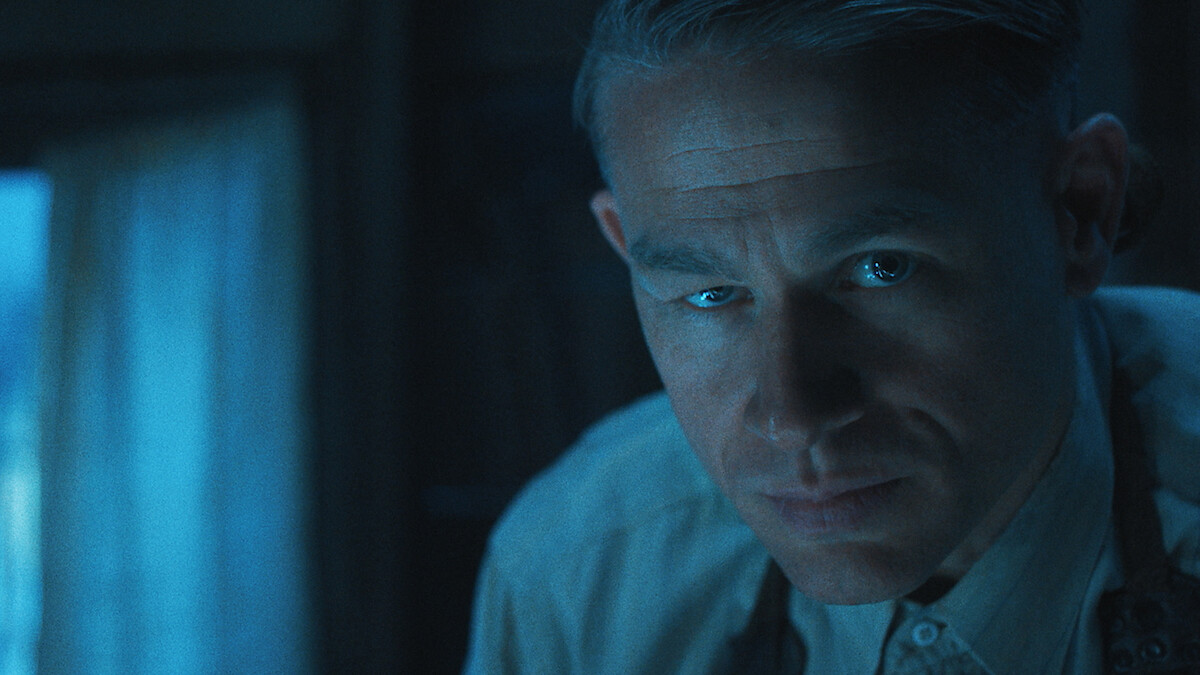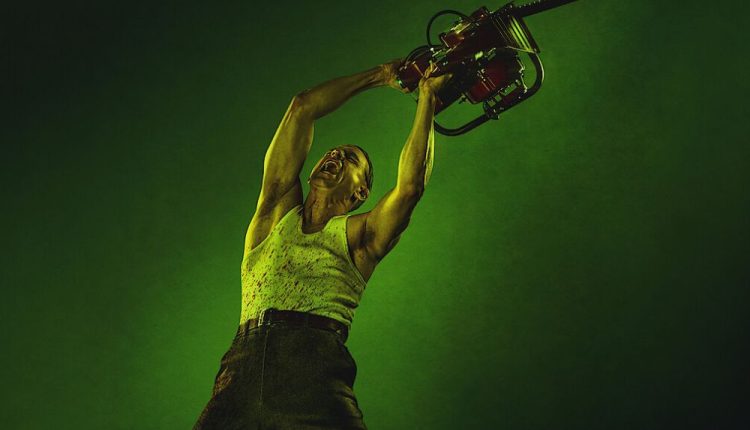‘Monster: The Ed Gein Story’ Ending Explained: Charlie Hunnam Unpacks the Series
The final episode of Monster: The Ed Gein Story on Netflix takes viewers on a harrowing journey through the disturbed psyche of Ed Gein. Charlie Hunnam’s portrayal of the infamous Wisconsin murderer is both chilling and complex, leading to an unexpected conclusion that leaves viewers questioning who the real monster is in Gein’s story. In this article, we break down the emotional climax and shocking ending of the series.
The Question of the Real Monster
As the series unfolds, the line between victim and perpetrator becomes blurred. Co-creator Ryan Murphy poses a compelling question: Are monsters born or made? For Gein, the answer seems to be both. His troubled childhood, marked by abuse from his mother Augusta Gein, is explored in-depth. Throughout the show, the audience is forced to grapple with the implications of the media’s role in shaping Gein’s violent tendencies, especially as the show introduces Hitchcock’s Psycho as an influential cultural touchstone.

Gein’s Relationship with His Mother
The strained and abusive relationship between Ed Gein and his mother forms the core of the series. Augusta’s control over Ed is a central theme, with Hunnam’s portrayal reflecting the psychological scars left by her verbal abuse and domination. The series shows how Gein’s attempts to live up to his mother’s expectations eventually led to horrific consequences. This dynamic is essential for understanding the twisted actions Gein would later take.
Adeline Watkins: Real or Fantasy?
Adeline Watkins, played by Suzanna Son, is an enigmatic character in Gein’s life. A neighbor and occasional love interest, she participates in Gein’s disturbing activities, even joining him in grave-robbing. But as the show progresses, viewers begin to wonder if Adeline is merely a figment of Gein’s imagination. Hunnam offers a nuanced take on this character, leaving it ambiguous whether she’s real or a fantasy born from Gein’s delusions. The mystery surrounding Adeline adds to the complexity of the show, blurring the lines between reality and fantasy.
The Connection to Psycho and Pop Culture

The series delves into the connection between Gein’s life and Alfred Hitchcock’s Psycho, which was directly inspired by Gein’s crimes. Gein’s brutal acts of violence, including the murder of bartender Mary Hogan, echo the chilling narrative of Psycho’s Norman Bates. The series explores how Gein’s crimes influenced not just one film, but an entire genre of horror, from The Texas Chain Saw Massacre to Silence of the Lambs. This cultural influence is central to the show’s message about the impact of true crime on the American psyche.
The Final Crime and Arrest
The final crime that leads to Ed Gein’s arrest is the murder of Bernice, a local shopkeeper. Gein’s erratic behavior and delusions finally catch up with him when Bernice’s son, a local deputy, discovers his mother’s mutilated body. The episode takes viewers through a tense and emotional sequence, showcasing Gein’s deteriorating mental state. His arrest is a culmination of the psychological unraveling that has been building throughout the series.
Ed’s Mental Health Diagnosis
View this post on Instagram
In the final moments of the series, Ed is diagnosed with schizophrenia in a mental institution, a diagnosis that offers some clarity on his actions. For Ed, his crimes were not premeditated but rather a product of his mental illness. This revelation serves as a turning point in the show, emphasizing the importance of mental health treatment and the lack of support for individuals like Ed in society. The show’s creators use this moment to comment on the societal obligation to care for the mentally unwell.
The Final Moments: Ed’s Legacy
In the series finale, Ed’s hallucinations take a surreal turn, and he envisions himself helping the FBI catch serial killer Ted Bundy. Despite his gruesome past, Ed’s final moments are surprisingly reflective. In his delusional state, he imagines a reunion with his mother, Augusta, in a vision that echoes their troubled relationship. This eerie and haunting ending shows that while Ed may have left a dark legacy, he also lived with deep psychological torment that was never fully addressed.
The Closing Scene: Haunting the Future
The show closes with a vision of Ed’s influence on future killers like Norman Bates, Buffalo Bill, and Leatherface. The final shot references The Texas Chain Saw Massacre and shows a group of teens attempting to steal Ed’s gravestone, only to be spooked by the echoes of his monstrous legacy. This chilling image captures the essence of the show — a story about the creation of a cultural monster whose influence lingers long after his death.
FAQs
- Is ‘Monster: The Ed Gein Story’ based on a true story?
Yes, the show is based on the real-life crimes of Ed Gein, a Wisconsin man whose actions inspired characters like Norman Bates from Psycho and Buffalo Bill from The Silence of the Lambs. - Who plays Ed Gein in the series?
Charlie Hunnam plays Ed Gein in the series, bringing a chilling and complex portrayal of the infamous killer. - When did Monster: The Ed Gein Story release?
The series premiered in October 2025 on Netflix. - What is the main theme of Monster: The Ed Gein Story?
The show explores the idea of whether monsters are born or made, questioning how much of Gein’s actions were shaped by his traumatic upbringing and how much were influenced by the media he consumed. - Will there be a sequel or spin-off?
The series wraps up Ed Gein’s story but leaves room for possible future seasons focusing on other notorious figures in the true crime world.
Conclusion
Monster: The Ed Gein Story is a complex and thought-provoking series that challenges viewers to reconsider the nature of monstrosity. Through a combination of psychological exploration and cultural commentary, the show presents a portrait of a man shaped by abuse, mental illness, and a society obsessed with sensationalizing violence. The ending is haunting yet fitting, underscoring the lasting impact of Gein’s life and crimes on American horror and culture.
What do you think of the ending of Monster: The Ed Gein Story? Do you believe Gein was a product of his environment or something far more sinister? Share your thoughts in the comments and join the conversation on InvestRecords.com!


Comments are closed.